A look at the men leading Taliban's 'caretaker' government in Afghanistan
The group includes two Haqqani leaders with $5 million bounties -- and no women.
The Taliban sent a clear signal with its new caretaker government that it would rule Afghanistan with a hardcore, conservative bent similar to its time in power in the 1990s, elevating some of the group's longtime leaders to top jobs.
The most senior acting ministers included a who's who of men designated by the U.S. and U.N. as terrorists, including several key members of the Haqqani network, a militant group responsible for a number of major, deadly attacks in Afghanistan.
Two are U.S.-designated terrorists with $5 million bounties on their heads, and a couple are former Guantanamo Bay detainees exchanged for Bowe Bergdahl, the U.S. Army soldier captured by the Taliban.
Despite suggestions the Taliban's new regime would be more inclusive than its last, the Taliban appointed no women to any of the interim positions, and it even disbanded Afghanistan's Ministry of Women's Affairs. It mainly consists of Afghanistan's largest ethnic group, Pashtuns.
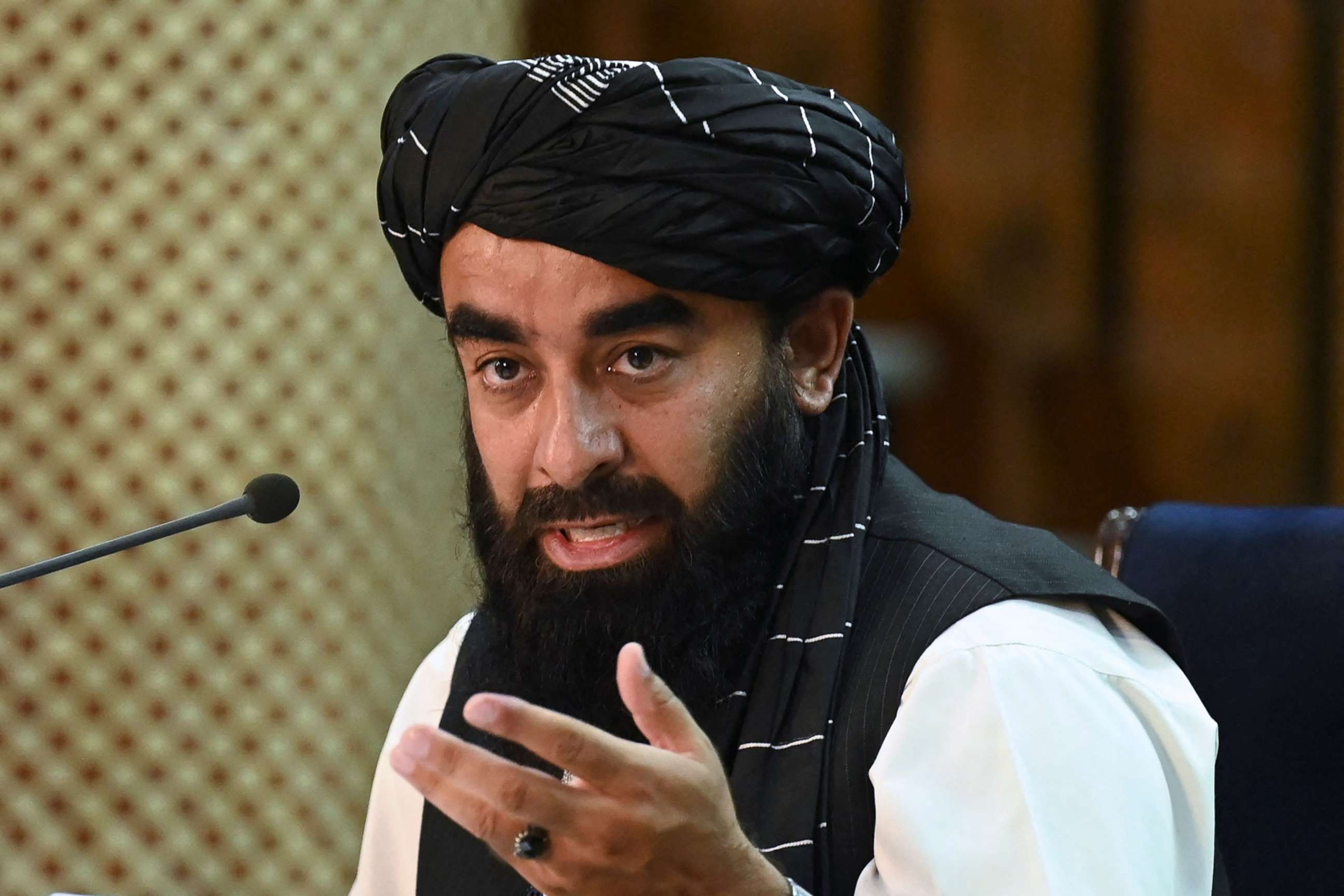
"This is not like some kind of new, softer, enlightened Taliban," Seth Jones, an expert on Afghanistan at the Center for Strategic and International Studies, told ABC News on Tuesday. "They are rewarding the people that got them to where they are today."
Below are some details on key members of the caretaker government:
Mullah Muhammad Hassan Akhund, acting prime minister
- Akhund, among the founders of the Taliban, served as foreign minister and deputy prime minister when the group ruled Afghanistan in the 1990s.
- He also served as governor of Kandahar province, the birthplace of the Taliban.
- He is sanctioned by the United Nations, which describes him in 2010 as being "one of the most effective Taliban commanders."
- A close associate and political adviser to Taliban co-founder Mohammed Omar, Akhund remained an active leader of the Taliban as at mid-2009.
- He was a member of the Taliban Supreme Council as of December 2009.
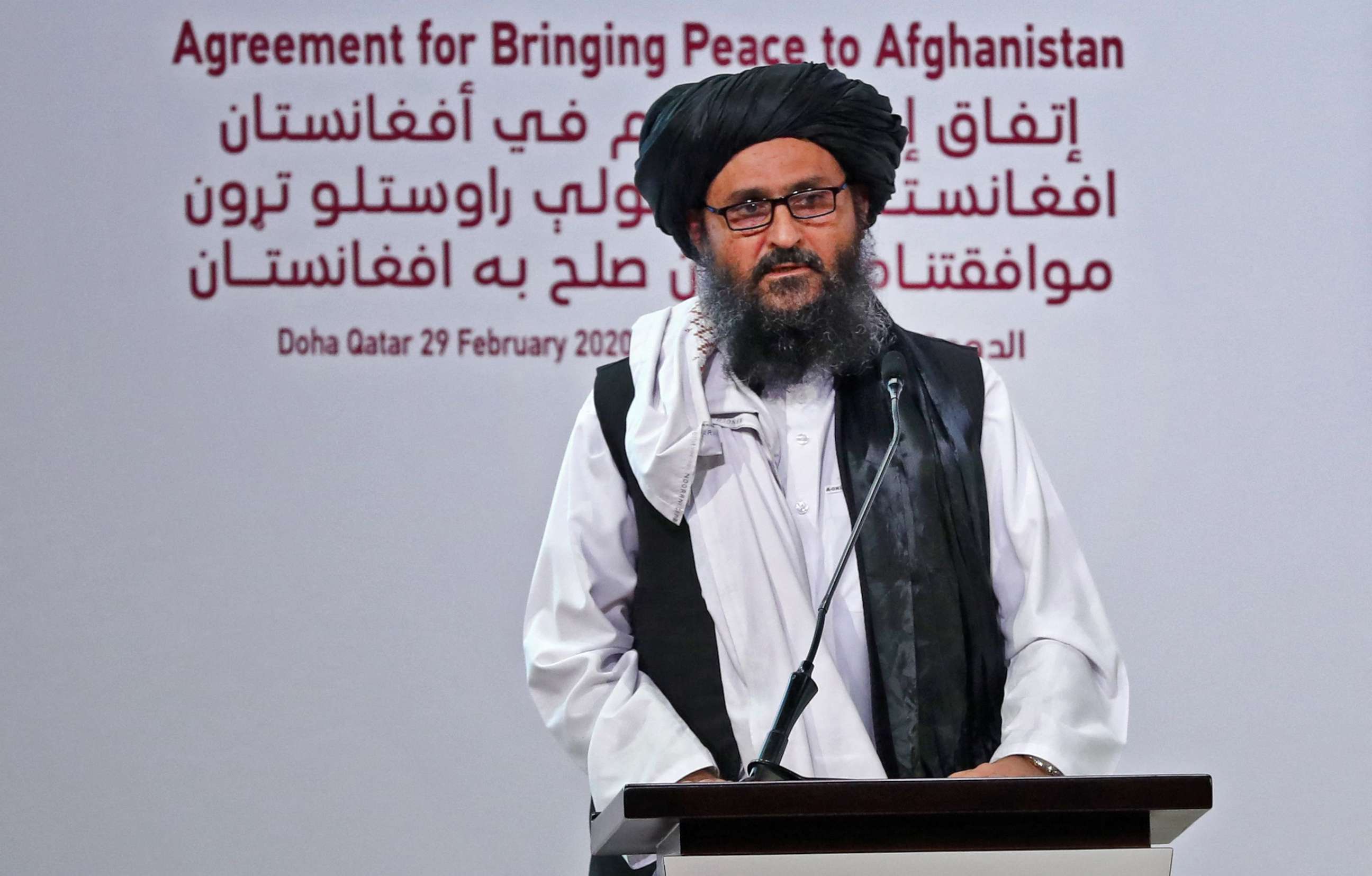
Mullah Abdul Ghani Baradar, acting deputy prime minister
- Baradar, among the founders of the Taliban, was a prominent figure in the peace talks.
- Following the fall of the Taliban government, Baradar served as a senior military commander responsible for attacks on coalition forces, according to the U.N. sanctions notice.
- In 2010, he was arrested and imprisoned in Pakistan and returned to power after the U.S. lobbied for his release in 2018 when the Trump administration launched talks with the Taliban.
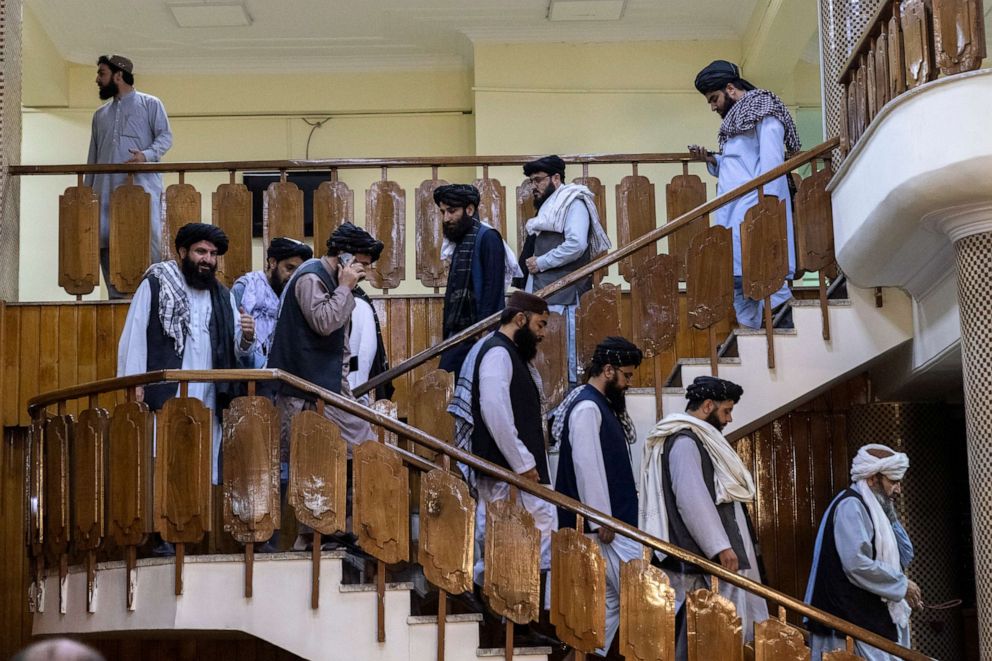
Sirajuddin Haqqani, acting interior minister
- A member of the Haqqani network, he has a $5 million U.S. bounty on his head. He's believed to have close ties to al-Qaida and to have mentored Osama bin Laden.
- Jones, of CSIS, called the appointment "stunning" and "a huge slap in the face" for the United States -- particularly after Joint Chiefs Chairman Gen. Mark Milley last week said it was "possible" the U.S. could collaborate with the Taliban to fight ISIS-K.
- He is the son of Jalaluddin Haqqani, who founded the Haqqani network and leads day-to-day activities for the Haqqani network.
- Designated as a "Specially Designated Global Terrorist" in March 2008, the State Department's counterterror program Rewards for Justice is offering up to a $5 million for information leading to his arrest. He's also on the FBI's Most Wanted List.
- He is believed to have coordinated and participated in cross-border attacks against U.S. and coalition forces in Afghanistan.
- He has also admitted to planning the assassination attempt on Afghan President Hamid Karzai in 2008.
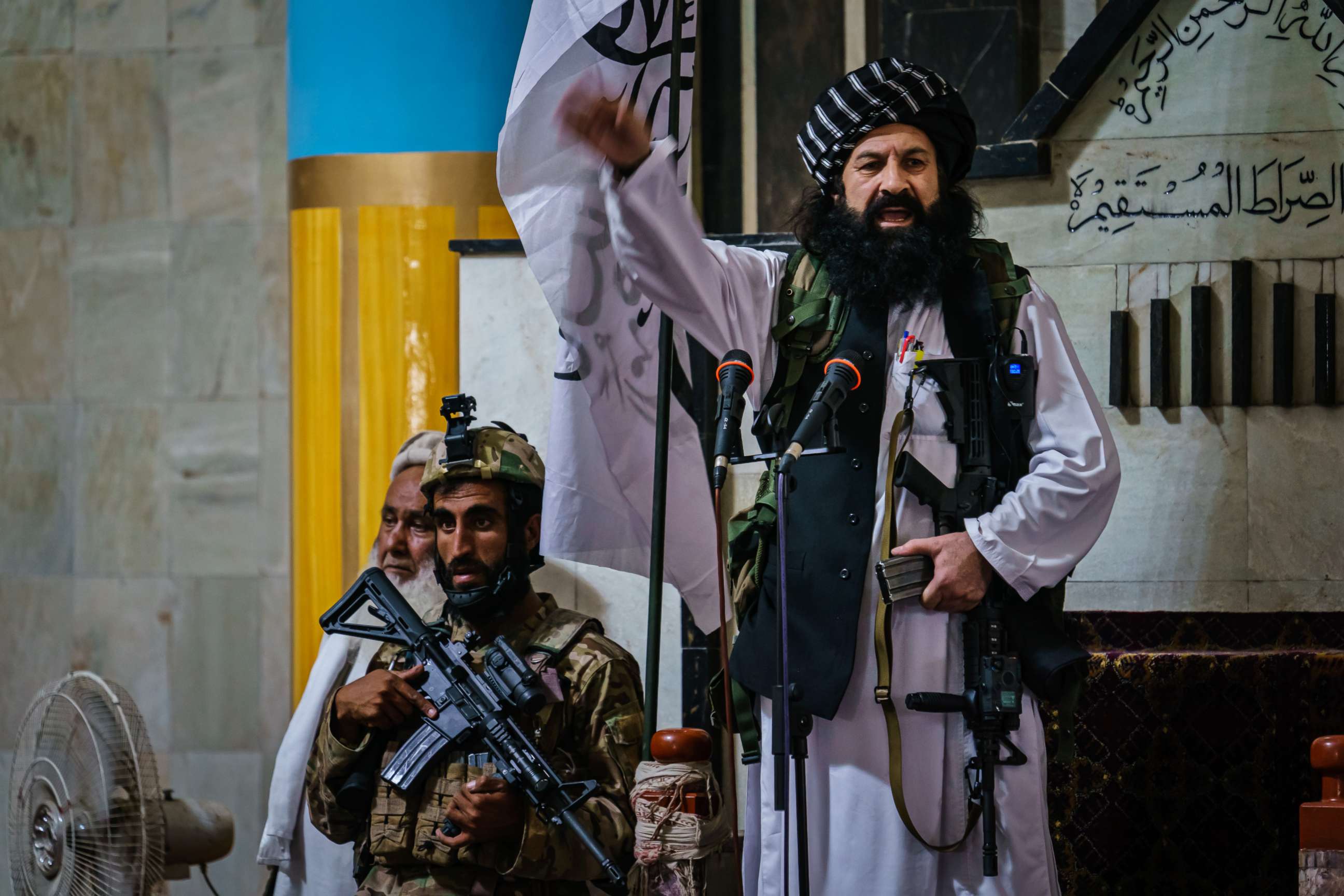
Khalil al-Rahman Haqqani, acting minister of refugees
- Haqqani is Sirajuddin Haqqani's uncle.
- He's accused of fundraising for the Taliban and having links to al-Qaida.
- Designated as a "Specially Designated Global Terrorist" in February 2011 the State Department counterterror program Rewards for Justice is offering up to a $5 million for information leading to his arrest.
- He's a senior member for the Haqqani network, founded by his brother, Jalaluddin Haqqani, who joined Mullah Omar's Taliban regime in the mid-1990's.
- In 2009, Khalil Haqqani was one of several people responsible for the detention of enemy prisoners captured by the Taliban and the Haqqani Network.
- He has acted on behalf of al-Qaida and has been linked to al-Qaida military operations. In 2002, he was deploying men to reinforce al-Qaida elements in Paktia Province.
Mullah Abdul Haq Waseeq, director of Afghan intelligence
- Waseeq was the deputy director of intelligence in the Taliban's previous regime, and American forces detained him in 2001.
- He spent years at the American detention facility in Guantánamo Bay, Cuba.
- In 2014, the United States exchanged him and other Taliban members for Bowe Bergdahl, the U.S. Army soldier captured by the Taliban.
- He recently participated in peace talks in the United States in Qatar.
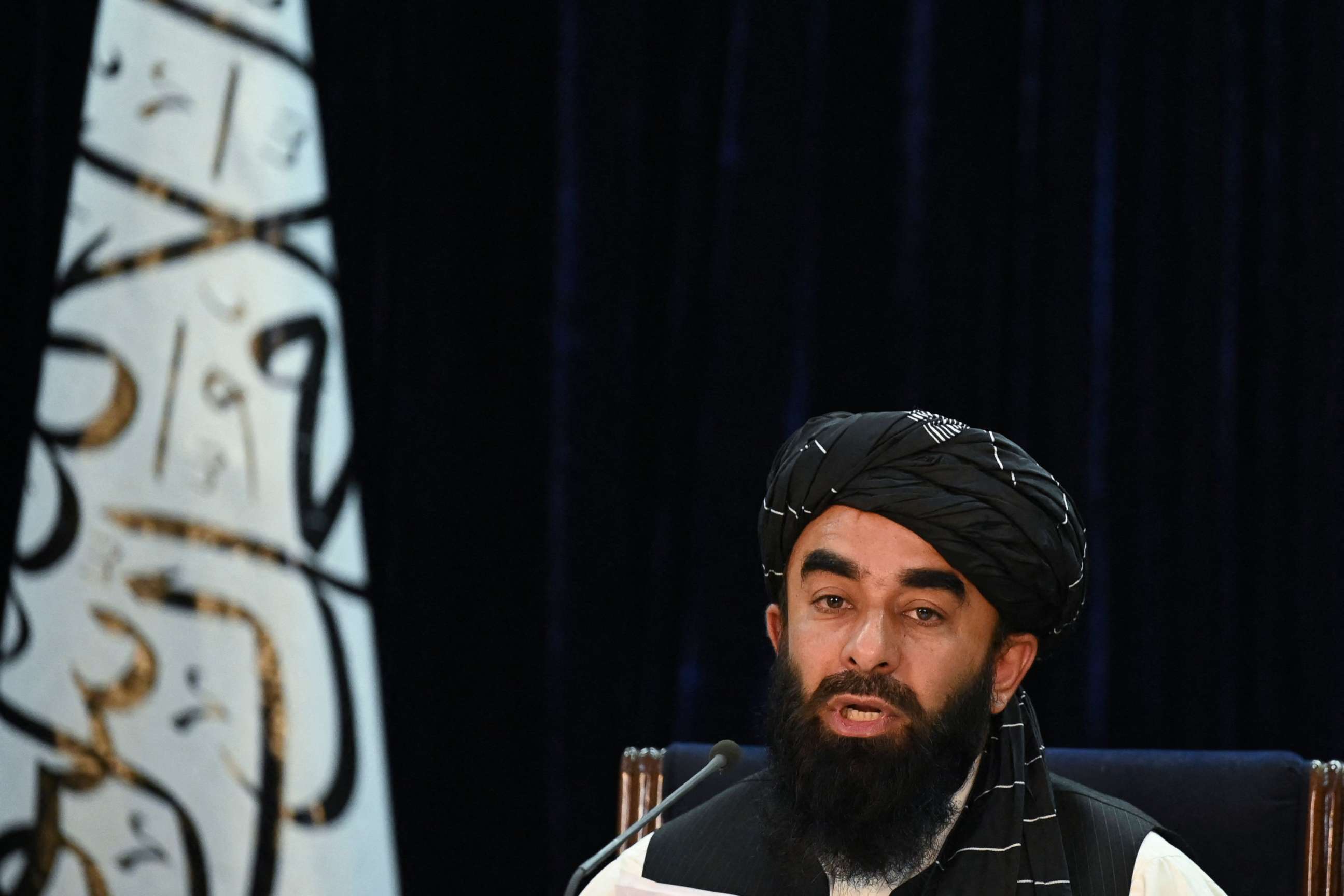
Noorullah Noori, minister of border and tribal affairs
- A Taliban leader in Afghanistan's northern provinces, Noori was captured in 2001 and sent to detention at the U.S. facility in Guantánamo Bay, Cuba.
- He, too, was exchanged in 2014 for Bowe Bergdahl, the U.S. Army soldier captured by the Taliban.
- He participated in recent peace talks with the United States in Qatar.
Mullah Mohammad Yaqoob, defense minister
- Yaqoob is the son of Taliban founder Mullah Mohammad Omar. He gained prominence after his father's death.
- He is known as a hardline battlefield commander.
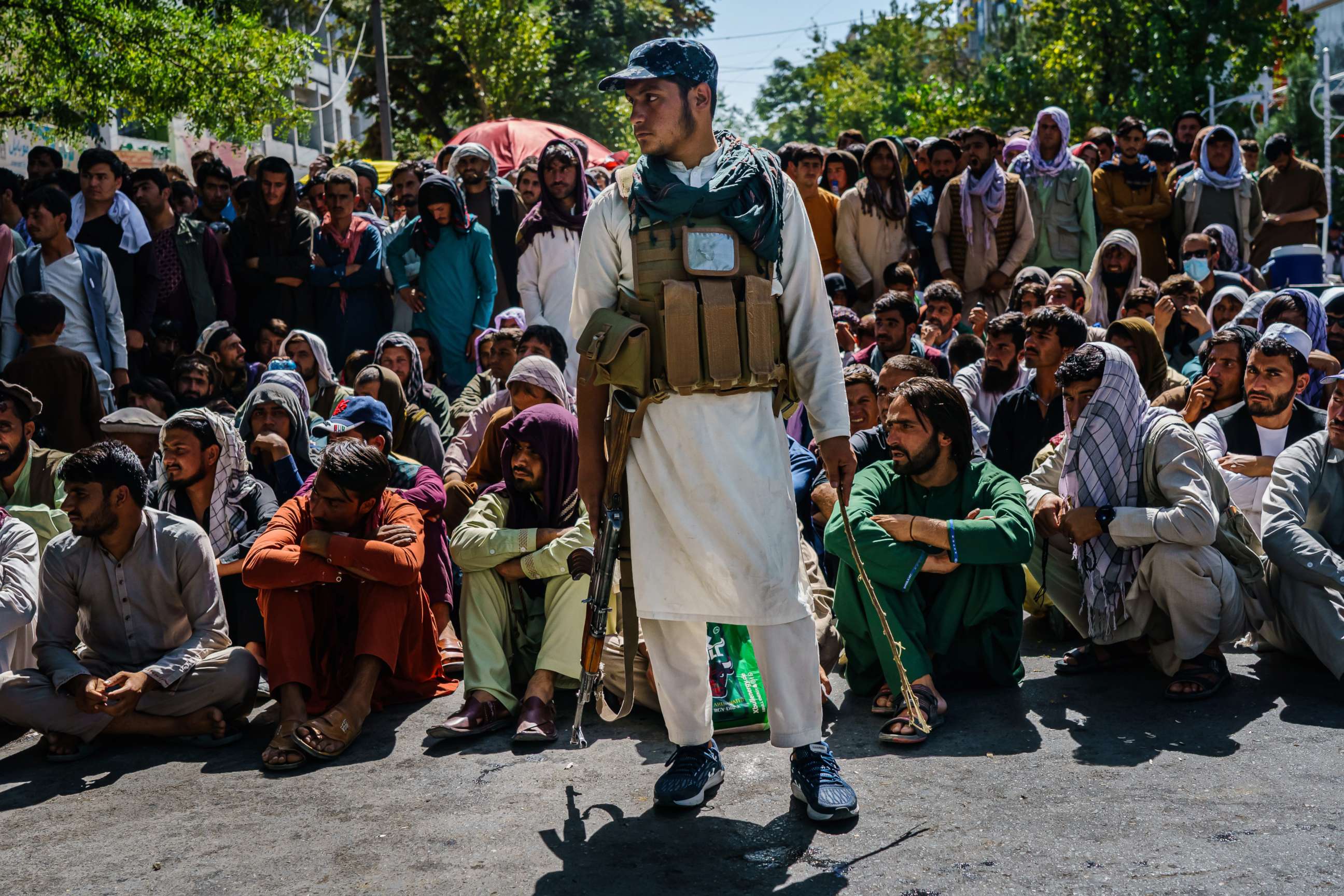
Mawlawi Amir Khan Muttaqi, minister of foreign affairs
- Muttaqi is sanctioned by the United Nations
- He served as minister of education and minister of information and culture during the Taliban's previous regime.
- He participated in recent peace talks with the United States in Qatar.




